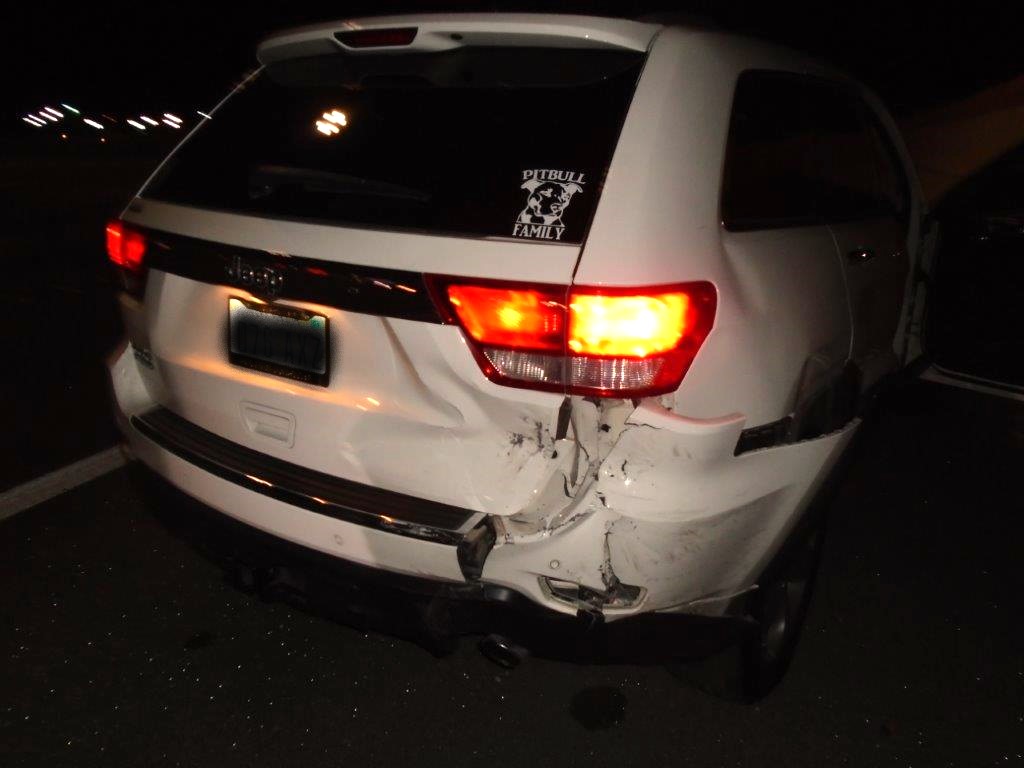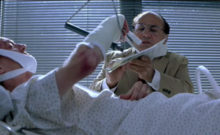Can I afford to Hire an Attorney and Make a Claim?
If you have a good case, yes! Most people are in a vulnerable position after getting hurt and don’t have the financial resources to pay up-front legal fees. At Price Beckstrom Law, if we take on your injury case, most of the time we will charge a contingency fee, meaning that you pay nothing up front, and the attorney fee is a proportion of the eventual recovery. If we do not win your case, we do not charge any fee.
If you are interested in hiring an attorney at Price Beckstrom Law, we will go over all the details in the fee agreement with you.
Should I Make a Claim Against the Person or Company that Hurt Me?
It all depends on the specific facts of your case. A seasoned legal professional will be able to go over all the details with you and help you decide whether it is a good idea for you to make a claim. At Price Beckstrom Law, we provide free consultations to help you understand your options so you can make an informed decision about whether to pursue a legal claim.
Typically, two big important things to consider are (1) how bad is your injury, and (2) is there enough evidence to prove your case. While these questions seem simple, they are not always easy to answer. Sometimes injuries that seem minor at the beginning turn into persistent, chronic conditions that leave you with lasting pain or disability. Others initially seem serious but heal quickly.
As to whether there is enough evidence to prove your case, this can depend on a lot of things. Getting an attorney on board right away can really help you out here. Like a melting ice cube, evidence can disappear if you wait too long. Attorneys can do an initial investigation to help make sure all the evidence you need to prove your case is preserved.
Will My Case Go to Trial?
Most people understand that over 95% of cases end up settling before they go to trial. At Price Beckstrom Law, we treat every case as if it is going to go to trial. If we cannot reach a fair settlement, we have to be prepared to seek justice from a jury of your peers. For those cases that do settle, this strategy helps to obtain a more favorable settlement. If the insurance company is not afraid of taking your case to trial, there is less of a chance you will get a fair deal.
How Long Will My Case Take?
This is a question almost every new client asks, and it is one of the most difficult questions to answer early on. We advise most clients not to consider settlement until they are either done with their treatment or their doctors have determined their long-term prognosis. The reason for this is simple. When you settle your case, you give up all rights to pursue any further relief against the person or company that hurt you. So if you settle your case early on and then find out down the road you will need a serious surgery that costs $500,000.00… you’re out of luck! Don’t let this happen to you! Beware of lawyers and law firms that promise a quick cash settlement.
How Much is My Case Worth?
New clients often ask this question, and it is the single most difficult question to answer, especially early on. Many people believe there is a secret list out there telling us how much each type of injury is worth. That’s just not true. The size of your recovery is determined by the severity of your injury, the seriousness of the conduct that caused your injury, and whether there is sufficient insurance or assets of the person or company that harmed you. For example, a simple muscle strain that completely heals in 12 weeks will typically settle for less than a case where someone has lost a limb. The amount of your recovery will be determined by the amount of your medical costs, your lost wages, your ability to earn money in the future, your pain and suffering, and other factors. Further, sometimes injuries that seem serious at the beginning end up healing completely. Other injuries that seem mild turn into chronic conditions that never go away or that require surgery.
One of the most important things to remember is that no one can approve your settlement but you—not your attorney, not the court, not the insurance company. Your attorney is ethically obligated to review all settlement opportunities with you, but it is you that decides whether to settle, and you are never obligated to accept any settlement you are unhappy with.
Whatever your case is worth, you should be getting the medical treatment you need. Your health is much more important than your case, and if you are injured you should be following up with your medical providers and getting the recommended treatment.
When Should I Call an Attorney?
Usually, the sooner the better. The biggest reason being that an attorney can help you marshal the evidence you will need to prove your case. If you are having trouble affording medical treatment, an attorney can advise you of the options in that area as well.
I’m struggling financially, and I’ve heard I can get a loan on my case. Is that True?
There are companies who can provide you settlement advances that will need to be paid back from your recovery with interest and loan fees. Although this is an option, we almost always advise our clients not to do it. These are some of the worst loans on the market, comparable to payday loans or credit card debt, sometimes even worse. We understand that sometimes people truly have no other option, but if there is any other way for you to make it through this difficult time, that is almost always a better choice.
It is against the law for an attorney to loan a client money.
Do I Have to Pay Taxes on my Settlement?
The answer to this question can be complicated and you may need to consult with a tax professional. However, most personal injury settlements are not taxable. The most common exception to this rule is for any part of your settlement that is meant to cover lost wages, which you will usually need to pay taxes on.
Will Bankruptcy Affect My Case?
It very well might. If you have ongoing bankruptcy proceedings or are considering filing for bankruptcy, let your attorney know as soon as possible. In a worst-case scenario, the bankruptcy trustee can take control of your case, decide whether to settle your case and for what amounts, and the creditors may keep your portion of the proceeds.




